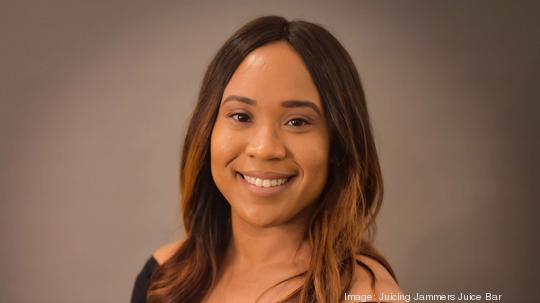
One of the greatest obstacles for a startup pushing off the ground is capital. Funding, sponsorships and loans are in high demand in the local entrepreneurial market and one local incubator seeks to make the challenge more attainable for disadvantaged businesses.
The Greater West Dayton Incubator (GWDI) is accepting applications for its newest round of microloans to support Black, women and other underrepresented and under-resourced business owners. Loans are also applicable for those serving the greater West Dayton community.
“These microloans help create more equitable economic opportunities for business owners who have been historically marginalized,” said Whitney Barkley, director of the Greater West Dayton Incubator. “They allow entrepreneurs who might not seek funds from a traditional bank or the Small Business Administration to hire, buy needed equipment, open brick-and-mortar locations and more to lift not only their businesses but our local economy and community.”

The Cultural Capital microloans, ranging from $500 to $15,000, can also be used toward operating expenses, marketing and other costs of running a business. To date, more than $50,000 has been distributed to local entrepreneurs in industries including janitorial services, retail, food and beauty.
“It helped a lot. We were able to purchase commercial equipment for our first storefront,” said microloan recipient Tawnni Miles, owner of Juicing Jammers in the Wright-Dunbar District at 13 N. Williams St.

Miles, a registered nurse, creates small-batch slow-pressed juices, overnight oats, fruit bowls, salads and more with a special emphasis on ingredients important to health and managing conditions like diabetes and heart disease. While she personally funded her first five years in business, she knew opening a storefront would require more.
“Getting a loan was very intimidating to me,” Miles said. “I believe a lot of people have the same fears I had starting out.”
Applicant business owners must meet certain eligibility requirements, including being in operation for at least one year. Applications are available at the official GWDI website and must be submitted prior to the Oct. 14 deadline.
Application evaluations are based on more flexible criteria than traditional banks, emphasizing passion, persistence and planning, according to a GWDI press release.
The Cultural Capital program offers entrepreneurs support with the loan process, financial wellness education and other services through a partnership with local nonprofit CityWide and the University of Dayton’s student-run Flyer Consulting.
The microloan program builds on the efforts of the Greater West Dayton Incubator, created in partnership between community and university leaders to support underrepresented businesses as they launch and grow by providing access to co-working space, consulting, training, capital and other resources.






